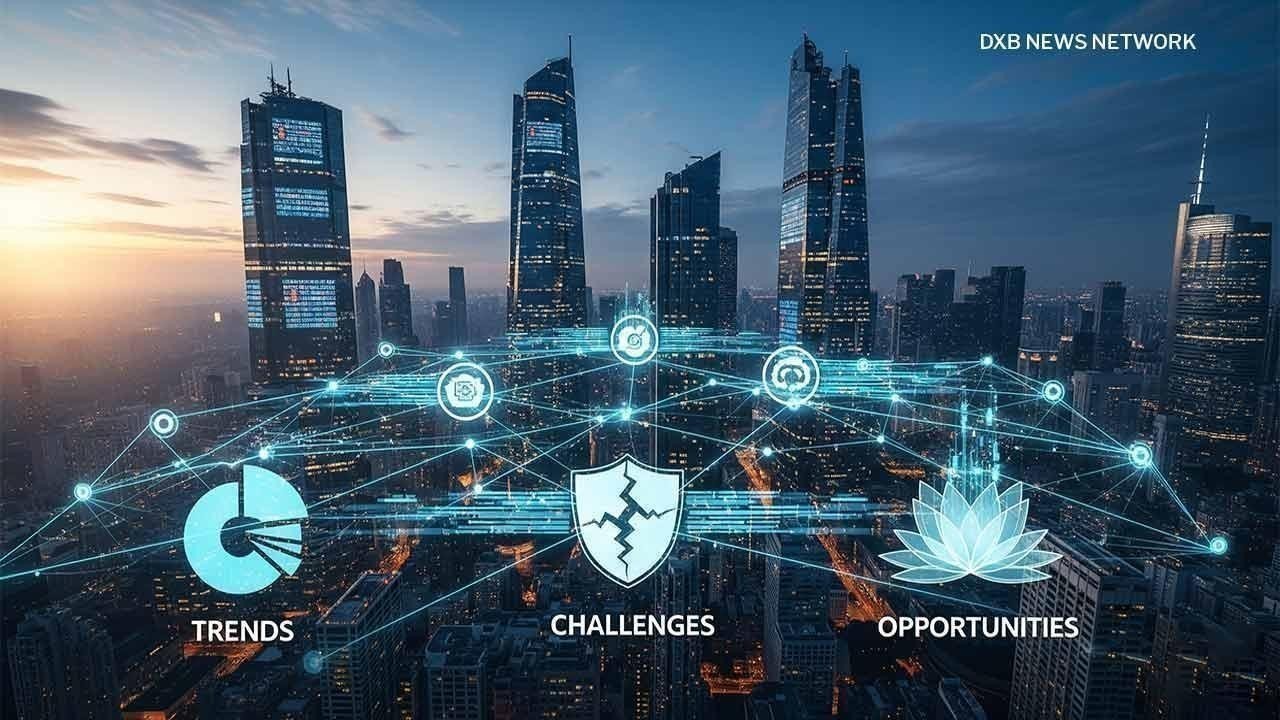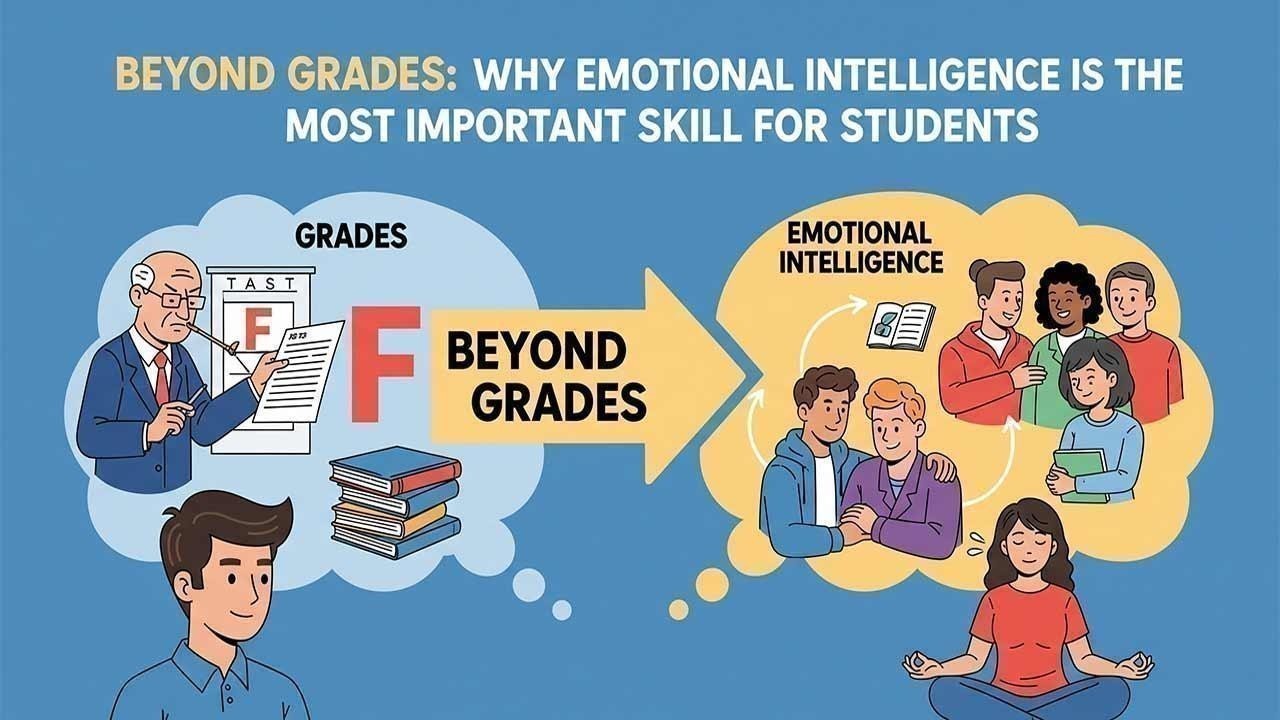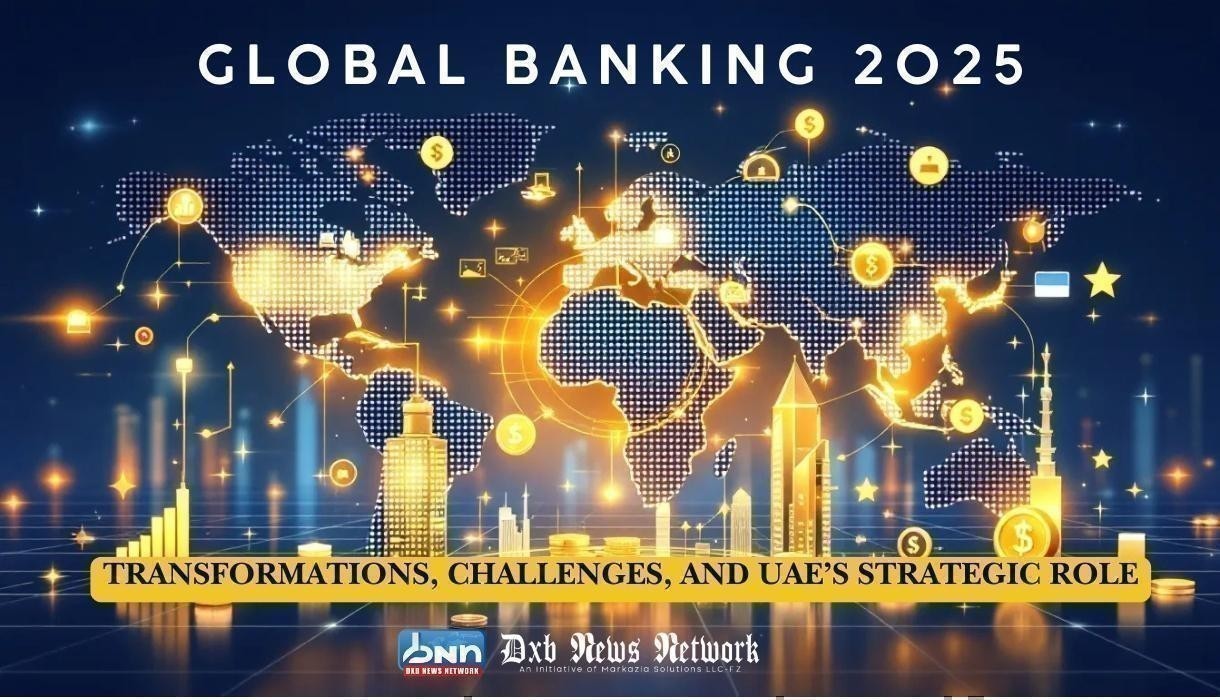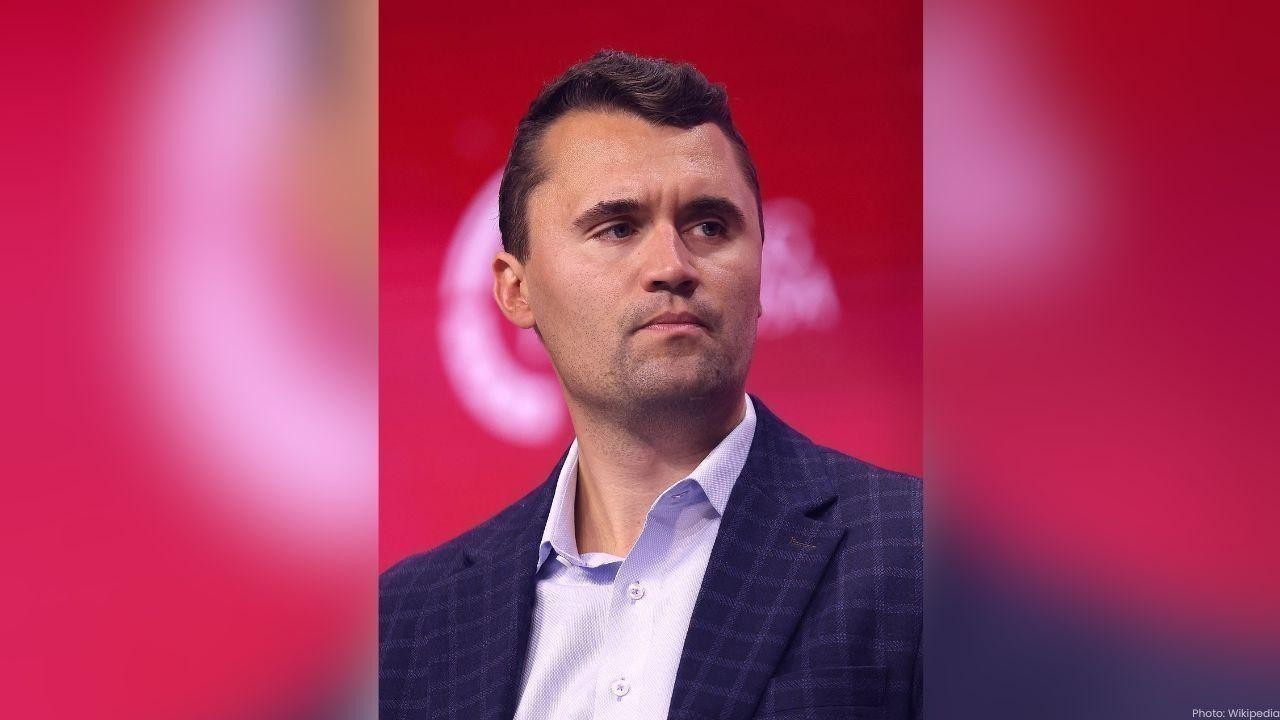
Post by : Soumya Jit
For decades, a college degree was seen as the golden ticket to success. It promised stable careers, financial security, and respect in society. But in today’s fast-changing world, that narrative is shifting. Employers are increasingly prioritizing practical skills over formal qualifications. The ability to solve real problems, adapt to new technologies, and bring results is now valued more than just a framed certificate on the wall. This shift is reshaping education, careers, and the way people prepare for the future.
The job market today looks very different from even a decade ago. Traditional industries are being disrupted by technology, automation, and globalization. Fields like software development, digital marketing, data analytics, and design move so quickly that degree programs often struggle to keep up. What employers want are candidates who can hit the ground running with practical knowledge, not just theory.
Employers hire people to solve problems, increase efficiency, and drive growth. A degree may show knowledge, but it doesn’t always prove ability. For example, a self-taught coder who has built apps and websites may be more appealing than someone with a computer science degree but no hands-on projects. Results speak louder than credentials, and companies are realizing this more than ever.
Online platforms, bootcamps, and workshops are providing faster and more focused learning than traditional universities. Instead of spending four years on broad subjects, learners can now specialize in practical areas within months. For instance, digital marketing bootcamps teach SEO, social media, and content strategies that can immediately be applied in the workplace. These alternative paths are affordable, flexible, and directly connected to job demands.
Tech giants like Google, Apple, and IBM have removed the degree requirement for many roles, focusing instead on skills and experience. Freelancers and entrepreneurs are building successful careers based on portfolios, projects, and client results. A designer with a strong portfolio or a marketer with proven campaign results often stands out more than someone with a degree but little practical exposure.
The rise of freelancing platforms and remote work has also shifted focus toward skills. Clients hiring on platforms like Upwork or Fiverr don’t care about degrees—they care about whether you can deliver results. Similarly, entrepreneurs building startups succeed not because of formal education but because of problem-solving, creativity, and adaptability.
While degrees are valuable in fields like medicine, law, or engineering, they don’t guarantee success in most industries anymore. Many graduates leave universities with debt and limited job prospects, realizing too late that employers want proof of capability. The gap between academic knowledge and industry needs continues to widen, making practical skills the bridge that connects learning to earning.
In today’s world, some of the most in-demand skills include coding, digital marketing, data analysis, graphic design, communication, and project management. Beyond technical expertise, soft skills such as problem-solving, critical thinking, and adaptability are equally vital. These skills prepare individuals not just to land jobs but to thrive in changing environments.
Education itself is evolving in response to this shift. Universities are introducing more hands-on programs, while employers are partnering with training providers to offer real-world projects. Micro-credentials, certificates, and skill-based assessments are becoming more respected than long, traditional degrees. This points toward a future where lifelong learning replaces the one-time pursuit of a diploma.
Degrees still have value, but they are no longer the only path to success. In today’s competitive world, practical skills have become the true currency of opportunity. Employers, clients, and industries are all asking the same question: “What can you do?” By focusing on building skills, gaining experience, and continuously learning, individuals can stay relevant and secure a future that is defined not by certificates, but by capability.
1. Are degrees becoming useless?
No, they still matter in some professions, but practical skills are now more important for most industries.
2. Can skills really replace a degree in getting a job?
Yes, especially in fields like tech, marketing, and design where results matter more than credentials.
3. What are the top skills employers want today?
Digital skills, problem-solving, communication, adaptability, and data analysis are highly valued.
4. Do big companies still require degrees?
Many major companies like Google and Apple no longer require degrees for several roles.
5. How can I gain practical skills without going to college?
Through online courses, bootcamps, internships, freelancing, and hands-on projects.

From Stress to Strength: Building a Wellness Lifestyle That Lasts
Discover how to turn stress into strength by creating a lasting wellness lifestyle with balance, pos

Rediscovering Wellness: Ancient Practices for Modern-Day Balance
Rediscovering wellness through ancient practices that restore harmony, balance, and mindfulness for

Wellness in Motion: How Daily Routines Shape a Healthier Tomorrow
Discover how daily habits and mindful routines boost wellness, energy, and inner peace, shaping a he

Comoros Launches First Vehicle-Friendly Passenger Ferry Service
Comoros launches its first passenger ferry for people and vehicles, boosting travel, trade, and inte

Janhvi Kapoor Stuns at TIFF in Elegant Traditional & Modern Look
Janhvi Kapoor dazzles at Toronto Film Festival with a perfect blend of traditional embroidery and mo

Etihad Airways Hits Record 2 Million Passengers in August
Etihad Airways carried over 2 million passengers in August 2025, achieving 91% load factor and marki

UAE, Hungary Leaders Meet to Boost Cooperation and Growth
President Sheikh Mohamed meets Hungary’s PM Orbán to discuss economy, investment, technology, renewa

The Power of Home Centric Living Transform Your House into a Personal Sanctuary
Discover how home centric living transforms homes into wellness work and relaxation hubs for comfo

Chef s Table Experiences How Fine Dining is Becoming Personal and Unforgettable
Explore how Chef s Table experiences make fine dining personal interactive and unforgettable with

Global Banking in 2025 How Technology Sustainability and Innovation Are Shaping the Future
Explore the global banking landscape digital transformation sustainability and innovations shapin

Nepal Faces Crisis as Youth Protests Shake Politics
Nepal’s political crisis grows as youth protests rise over social media ban, leaving 30+ dead and th

Beyond Grades Why Emotional Intelligence is the Key to Students Success
Discover why emotional intelligence matters more than grades helping students succeed manage emoti

Global Banking 2025: Transformations, Challenges, and UAE’s Strategic Role
Transformations, Challenges, and UAE’s Strategic Role

Israel Launches Airstrikes on Yemen — 35 Dead, Over 130 Injured in Sanaa and Al Jawf
Emergency teams rush to rescue survivors as strikes hit military sites, fuel depots, and residential

Charlie Kirk Shot Dead at Utah University During Speech
Charlie Kirk, Turning Point USA founder, was shot dead at Utah Valley University. Chaos erupted as t